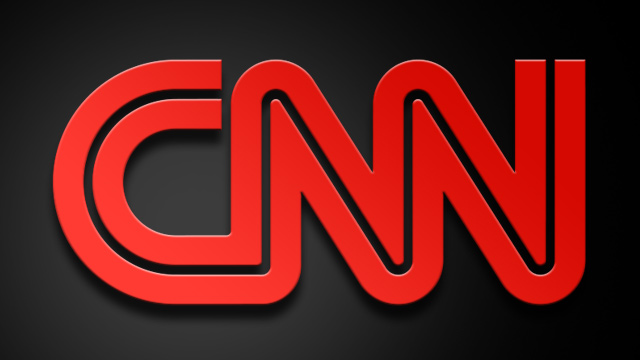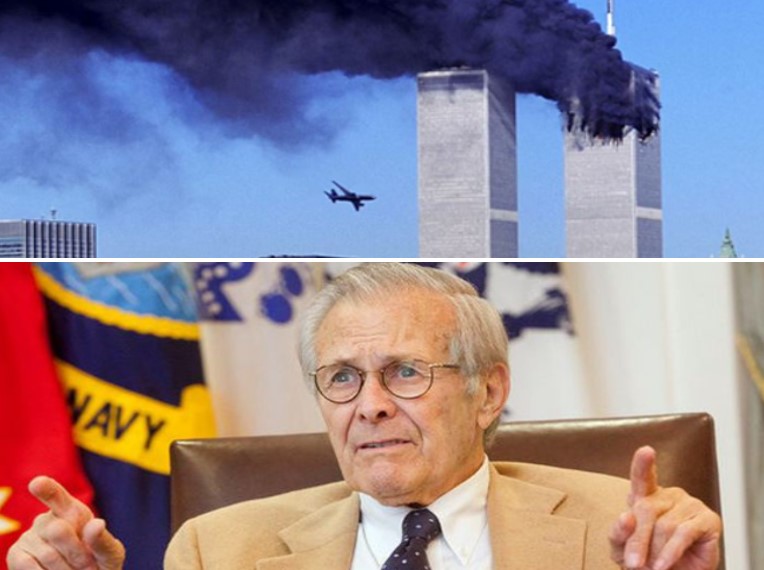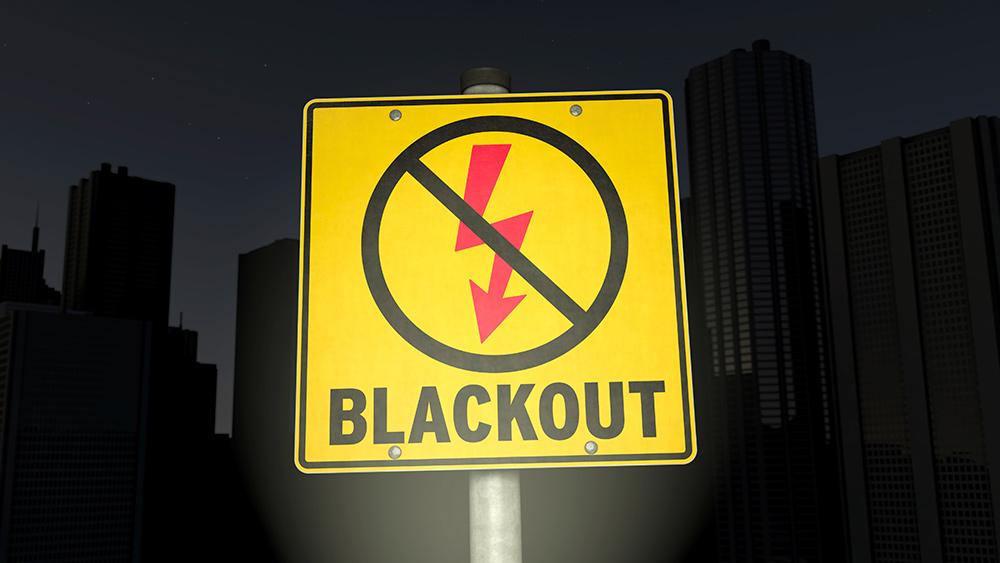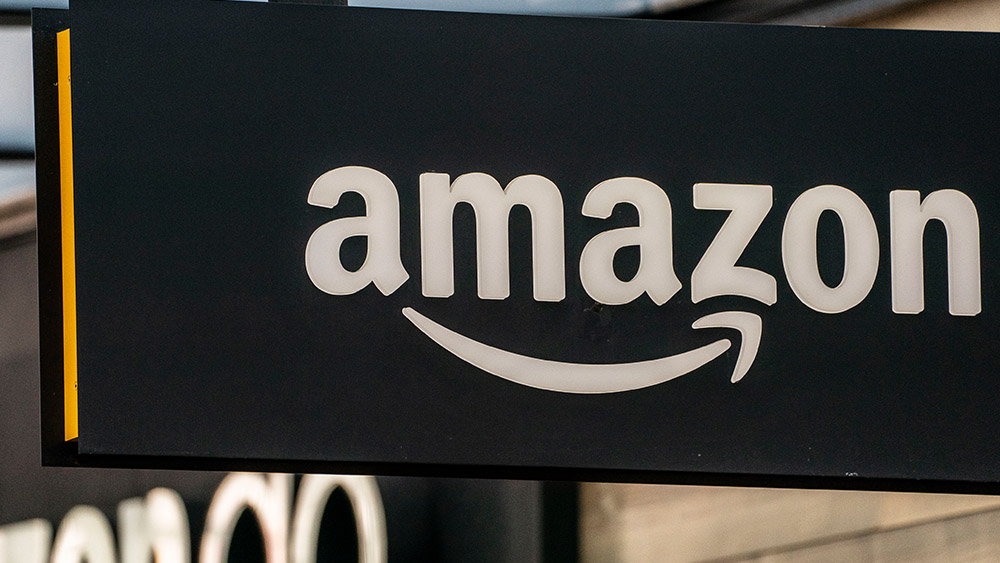Leader of the free world: Trump intervention could be the key to freedom for Canada's version of J6 prisoners
By lauraharris // 2025-02-09
Tweet
Share
Copy
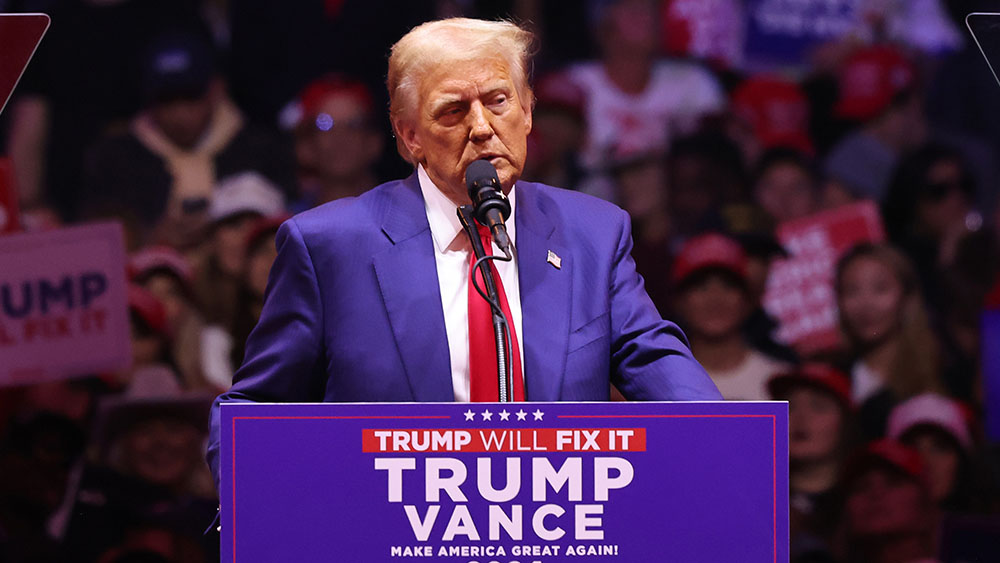
- Canadian truck drivers, part of the Freedom Convoy movement, protested against Wuhan coronavirus (COVID-19) vaccine mandates. The movement expanded into a broader rejection of Canadian Prime Minister Justin Trudeau's government, leading to a state of emergency in Ottawa.
- Similar to U.S. J6 protesters, Canadian demonstrators faced harsh crackdowns, with numerous arrests and convictions for charges like mischief and obstruction. The cases highlight the government's overreach and parallel issues with free speech.
- Multiple individuals, such as Pat King, John Cipolla and Pastor Artur Pawloski, faced severe punishments, including long jail terms, probation and asset freeze, for their participation in the protests.
- President Donald Trump should extend his support to Canadian protesters through public statements, diplomatic engagement and legal assistance, mirroring his actions with J6 protesters.
- The cases emphasize the need for protecting free speech and holding governments accountable, advocating for Trump's intervention to address the injustices faced by Canadian protesters.
The victims of government overreach in Canada
On Jan. 9, 2022, truck drivers, who are members of the Freedom Convoy movement, protested in the downtown area of Ottawa for almost two weeks in response to new Wuhan coronavirus (COVID-19) regulations that require cross-border truck drivers to be fully vaccinated. The protests began as a cross-country drive from Western Canada to Ottawa, with the Freedom Convoy arriving in the capital around Jan. 28. Thousands of truck drivers joined the protest in downtown Ottawa, leading to a state of emergency declaration on Feb. 6. The list of victims in this protest in Canada is both extensive and distressing. These individuals, from a diverse array of backgrounds, were swept up in a wave of arrests and convictions that bear striking similarities to the situation in the United States. Here's a closer look at some of these cases:- Pat King, one of the organizers of the trucker-led protest was convicted on five charges, including mischief, counseling others to commit mischief and disobeying a court order. The judge ruled that King's actions went beyond mere political speech, as he actively incited protesters to maintain their blockade of downtown Ottawa. King served 161 days before trial and is now facing two years of probation. His bank account remains frozen, a clear indication of the punitive measures taken against these individuals.
- John Cipolla, an American from Midland, Ontario, was charged with obstruction and intimidation and breach of condition. Cipolla's case highlights the international dimension of this issue, as citizens from other countries have also fallen victim to the Canadian government's overreach.
- Marco Van Huigenbos, Alex Van Herk, Gerhard (George) Janzen, Anthony Olienick and Chris Carbert were convicted of mischief over $5,000. While Janzen received a lenient sentence of three months of community service, Olienick and Carbert were given six-year sentences.
- James Ralph and Sandra Bauder were charged of mischief to obstruct property, disobeying a lawful court order, and obstructing or resisting a peace officer.
- Harold Jonker, a trucker and former Town Councillor from the Township of West Lincoln, Niagara Region, will face a ten-day criminal trial at the Ontario Superior Court of Justice in Ottawa, Ontario, starting May 12, 2025. Jonker is charged with mischief, obstructing a roadway, counseling mischief and counseling obstructing a roadway.
- Pastor Artur Pawloski was convicted last year for his speech at Smugglers Saloon in February 2022, where he encouraged protesters to continue the blockade. Crown prosecutors argued that his impassioned address to the truckers fanned the flames of unrest, convincing them to prolong their protest.
- Tamara Lich from Medicine Hat, Alberta, and Chris Barber were charged with inciting mischief (verdict March 26) at a Truckers protest.
- James Edward Sowery of Killam, Alta., was sentenced to 10 months in prison, along with a mandatory weapons prohibition and a DNA order, for assault with a weapon and dangerous operation of a vehicle.
- Tyson "Freedom George" Billings had spent 116 days in jail before entering his guilty plea to counseling to commit mischief. The Crown withdrew other charges, including intimidation, obstructing police, mischief and disobeying a court order.
- Randy Hillier, the former independent representative for Lanark–Frontenac–Kingston, had been facing nine charges, including two counts of mischief, three counts of counseling to commit an indictable offense, three counts of obstructing a peace officer and one count of assaulting a peace officer.
The need for intervention
These cases paint a disturbing picture of a government that has overstepped its bounds and used the law as a tool to silence dissent. The parallels to the J6 situation are clear, and it is time for Trump to take action. The pardons he issued for J6 protesters set a precedent of compassion and understanding. These people in Canada deserve the same consideration. Trump's intervention could take several forms. He could:- Issue a statement of support: By publicly acknowledging the plight of these Canadian prisoners, President Trump could draw international attention to their cases.
- Engage with Canadian officials: Diplomatic channels could be used to discuss the issues and advocate for more lenient sentences or pardons.
- Offer legal assistance: Many of these individuals have had their legal funds frozen or depleted. President Trump could offer assistance to those seeking legal representation.
More related stories:
Now pardoned J6 political prisoner claims he has evidence Capitol Police incited riots.
Urgent update on Jeremy Brown: J6 political prisoner has now gone missing…
J6 Select Committee chairman seeks PARDON from Biden as Trump threatens retribution.
Sources include: News.Sky.com DJJournal.com OrilliaMatters.com TNC.news Calgary.citynews.ca Ottawacitizen.com JCCF.ca CTVNews.ca 1 Globalnews.ca 1 Globalnews.ca 2 CTVNews.ca 2 CBC.ca Brighteon.comTweet
Share
Copy
Tagged Under:
propaganda Trump false-flag Canada freedom White House deception lies rigged truth revolt false charges resist pardon uprising Justin Trudeau politicization outrage political theater COVID-19 vaccine mandates J6 preemptive pardons truck protesters
You Might Also Like
Trump executive order blocks funding to schools with COVID-19 vaccine mandates
By Cassie B. // Share
Recent News
Earth-like soil patterns on Mars reveal clues to the planet’s climate history
By willowt // Share
Virologist who endorsed HCQ for COVID-19 appointed to top pandemic post at HHS
By ramontomeydw // Share

